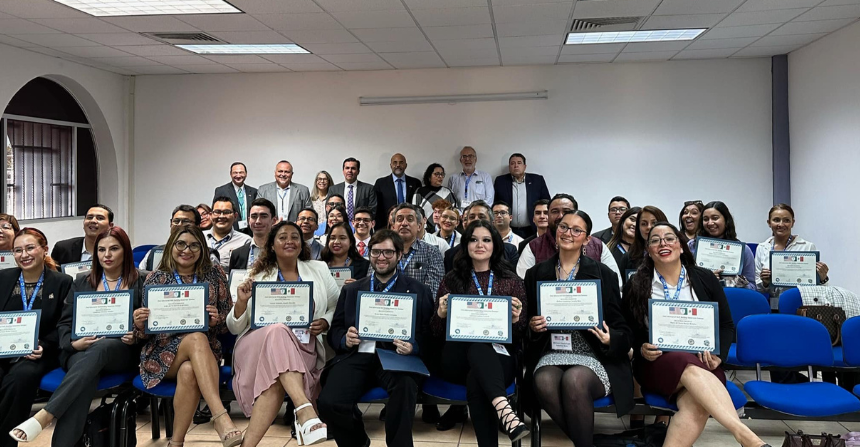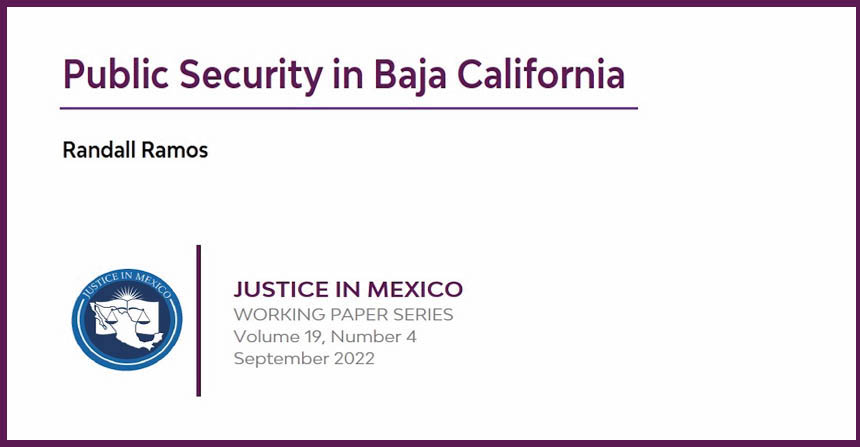12/4/12 – The United Nations Committee Against Torture (CAT), part of the Office of United Nations High Commissioner for Human Rights, met last week to evaluate the status of human rights violations in detainment and torture procedures in multiple countries around the world, including Mexico. CAT released a report on its review of Mexican government and military practices toward prisoners, complete with recommendations on how to optimize justice within the system through reforms.
According to La Cronica de Hoy, a main focus of the report was a plea to abolish arraigo, which allows suspects to be detained during the preliminary investigative phase of a case, before probable cause is established or the detainee is made aware of the charges being brought against him. During its observations in Mexico, the Committee found that this process inhibits not only the fairness of the justice system, but also denies fundamental human rights to those who are suspected of criminal activity.
Among other key points of the report, CAT expressed concern about the high number of disappearances that have been linked to law enforcement officials, and recommended reforms to Mexico’s nationwide Code of Military Justice (Codigo de Justicia Militar), in order to comply with guidelines in this area that have been set out by the Inter-American Court of Human Rights and the Mexican Supreme Court. The reforms would address military officials’ use of torture tactics during investigations, and seek to eliminate practices of coercion and intimidation by “eliminating the jurisdiction of military courts in cases of human rights violations and crimes against civilians in which the military was involved.”
While much of the CAT report focused human rights violations committed by branches of Mexican military and law enforcement, it also detailed positive changes that have already been enacted within the justice system and other progress that has been made since the country was last evaluated. The document noted advances in women’s rights protections, and commended the Mexican government for certain advancements in legislation. It cited the passage of a 2008 law guaranteeing Mexican women the right to live free from violence, as well as steps taken toward the the comprehensive overhaul of the justice system, which began nationwide in 2008. Additionally, the report praised Mexico’s responsiveness to recommendations made by CAT at its last meeting, and the country’s increased involvement in human rights advocacy worldwide, through the ratification international treaties and conventions. These have included international agreements to abolish the death penalty, and the International Convention for the Protection of all Persons from Enforced Disappearance.
The Mexican government expressed its renewed commitment to enacting CAT recommendations, pledging to redouble efforts to eliminate torture, and create military and governmental investigative proceedings that will not infringe human rights in the future. In its official response to the new report, it assured CAT that torture “is not, nor will ever be, tolerated” in Mexico.
Sources:




